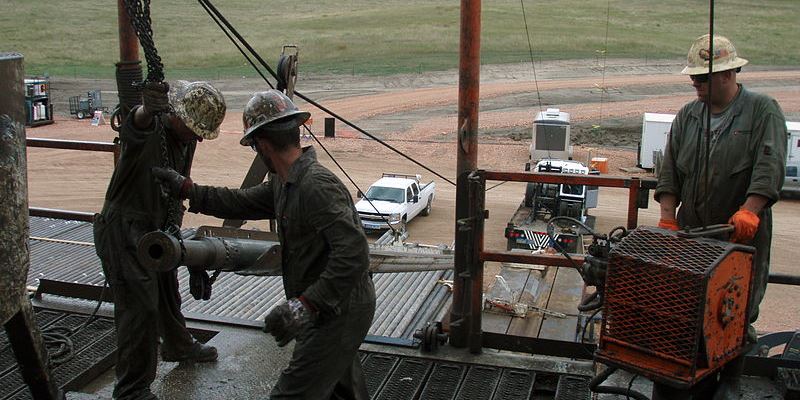Government policies diminish Alberta in eyes of investors

Canada’s economy has stagnated, with a “mild to moderate” recession expected this year. Alberta can help Canada through this economic growth crisis by reaping the benefits of a strong commodity market. But for this to happen, the federal and provincial governments must eliminate damaging policies that make Alberta a less attractive place to invest.
Every year, the Fraser Institute surveys senior executives in the oil and gas industry to determine what jurisdictions in Canada and the United States are attractive—or unattractive—to investment based on policy factors. According to the latest results, red tape and high taxes are dampening the investment climate in the province’s energy sector.
Consider the difference between Alberta and two large U.S. energy jurisdictions—Wyoming and Texas. According to the survey, oil and gas investors are particularly wary of environmental regulations in Alberta with 50 per cent of survey respondents indicating that “stability, consistency and timeliness of environmental regulatory process” scared away investment compared to 14 per cent in Wyoming and only 11 per cent in Texas.
Investors also suggest that the U.S. regulatory environment offers greater certainty and predictability compared to Alberta. For example, 42 per cent of respondents indicated that “uncertainty regarding the administration, interpretation, stability, or enforcement of existing regulations” is a deterrent to investment in Alberta, compared to only 9 per cent in Wyoming and 13 per cent in Texas. Similarly, 43 per cent of respondents indicated that the cost of regulatory compliance was a deterrent to investment in Alberta compared to just 9 per cent for Wyoming and 19 per cent for Texas.
And there’s more—41 per cent of respondents for Alberta indicated that taxation deters investment compared to only 21 per cent for Wyoming and 14 per cent for Texas. Overall, Wyoming was more attractive than Alberta in 14 out of 16 policy factors assessed by the survey and Texas was more attractive in 11 out of 16.
Indeed, Canadian provinces are generally less attractive for oil and gas investment compared to U.S. states. This should come as no surprise—Trudeau government policies have created Canada’s poor investment climate. Consider federal Bill C-69, which imposes complex, uncertain and onerous review requirements on major energy projects. While this bill was declared unconstitutional, uncertainty remains until new legislation is introduced. During the COP28 conference in Dubai last December, the Trudeau government also announced its draft framework to cap oil and gas sector greenhouse gas emissions, adding uncertainty for investors due to the lack of details. These are just a few of the major regulations imposed on the energy industry in recent years.
As a result of these uncertain and onerous regulations, the energy sector has struggled to complete projects and reach markets overseas. Not surprisingly, capital investment in Alberta’s oil and gas sector plummeted from $58.1 billion (in 2014) to $26.0 billion in 2023.
The oil and gas sector is one of the country’s largest industries with a major influence on economic growth. Alberta can play a key role in helping Canada overcome the current economic challenges but the federal and provincial governments must pay attention to investor concerns and establish a more competitive regulatory and fiscal environment to facilitate investment in the province’s energy sector—for the benefit of all Canadians.
Authors:
Subscribe to the Fraser Institute
Get the latest news from the Fraser Institute on the latest research studies, news and events.


